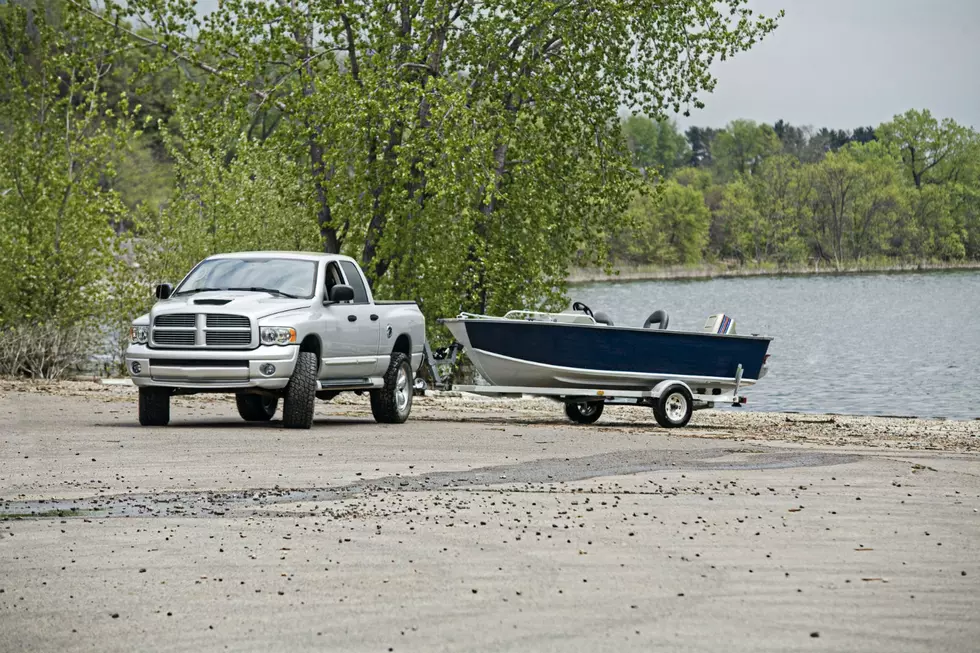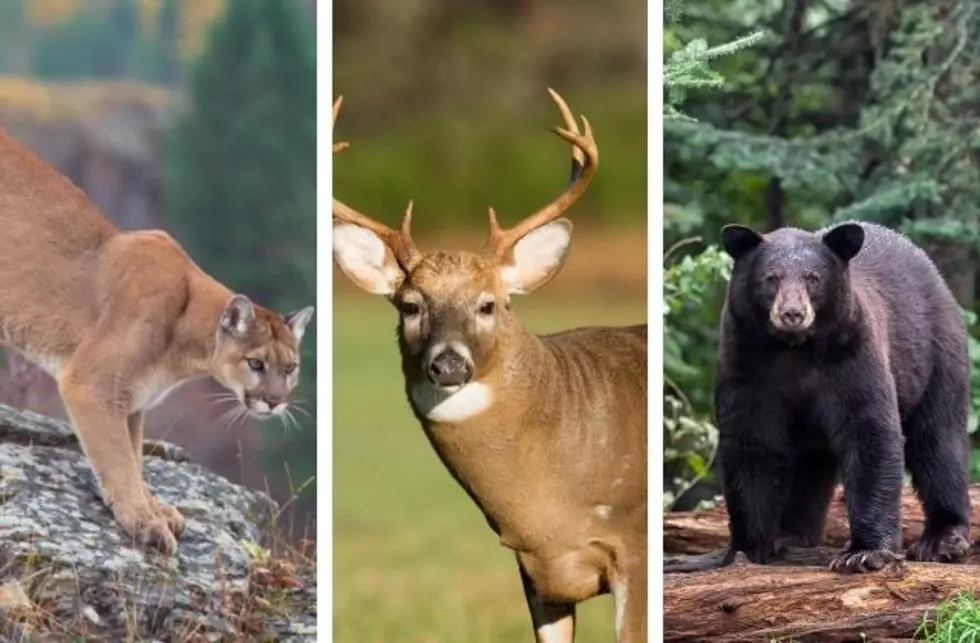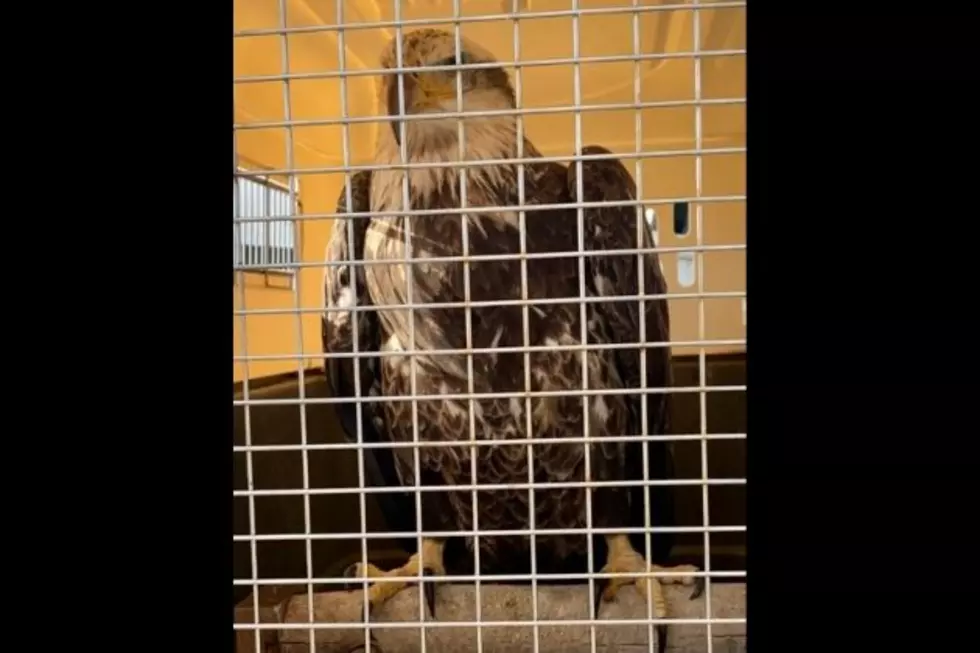
CP&W Intercepting Infested Boats At Record Pace
Colorado Parks & Wildlife is being overrun by mussel infested boats.
It appears that most of the infected boats are coming from Lake Powell. Colorado state inspectors report being "completely overrun" with the number of mussel-infested they're finding. All boats entering and leaving Colorado waters must be inspected for invasive species. More specifically zebra and quagga mussels.
In the continuing effort to keep Colorado reservoirs mussel free, CP&W has ramped up their boat inspections. However, that goal is proving more challenging especially with the number of infested boats CP&W is discovering. At only the halfway point of the summer boating season, they've intercepted 51 mussel-infested boats. That's more than all of 2018. Prior to that, the most boats discovered with mussels in a single season was 26. "I am just being completely over-run by mussel infested boats," so says Robert Walters, CP&W assistant manager for the aquatic nuisance species program, "...we are having interceptions just about every day at waters throughout the state.
Again, most appear to be coming from Utah and Lake Powell. Boats are supposed to be inspected when they leave but inspection stations are overwhelmed there as well. Inspectors have even found mussels on paddleboards and canoes!
The battle to combat invasive mussels is a huge challenge. Once in a body of water, they can wreak havoc. Mussels filter the water while consuming plankton. This alters the local water's food chain. They can also clog pipes and damage infrastructure. Including dams, outlet structures, and water distribution systems.
Colorado is surrounded by mussel-infested waters. Utah, Arizona, Kansas, Nebraska, Texas, and Oklahoma all have the invasive mussels. The invasive species was first discovered in the Great Lakes back in 1989. They arrived from the Caspian Seas by hitching a ride in the ballast tanks of ships and delivered into the Great Lakes through the St. Lawrence Seaway.
Credit: The Denver Channel
More From Kool 107.9









